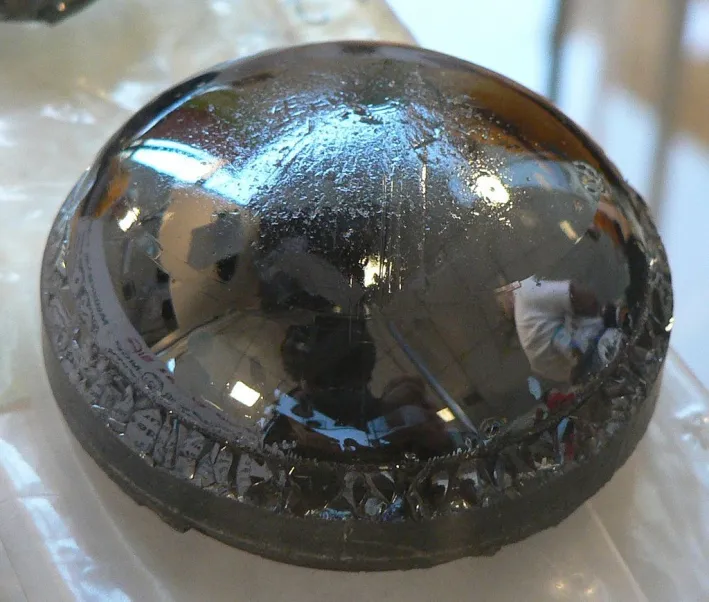Enhancing the silicon carbide supply chain
- GlobalWafers, a Taiwanese wafer maker, will certainly include 150mm silicon carbide to its items, made from mass SiC crystals generated by GT Advanced Technologies, under a brand-new multi-year contract to "build a brand-new source of supply of silicon carbide wafers."

GT Advanced Technologies (GTAT) as well as GlobalWafers (GWC), a Taiwanese wafer services carrier, have actually secured a long-lasting supply arrangement for silicon carbide.
" GWC will certainly currently include 150mm silicon carbide to its offering, produced from mass SiC crystal generated by GTAT," the U.S.-based business stated.
Both firms intend to increase products of the high-demand substratum product for the electrical automobile (EV) market as well as the PV industry, which makes use of silicon carbide in next-generation inverters.
" The power electronic devices sector requires supply arrangements such as the one we've become part of with GWC, and also we're really happy to make it a fact," claimed GTAT CEO Greg Knight. "GWC, using this inbound supply of silicon carbide product from GTAT, can currently use years of wafer procedure advancement as well as right away end up being a top-tier SiC wafer vendor to match its various other substrate offerings."
GTAT opened up a silicon carbide manufacturing facility in Hudson, New Hampshire, in June 2018. The business is quickly bringing its exclusive crystal-growth systems to range, as need for silicon carbide is anticipated to expand in the coming years. GT's method up until now is to market the ingots entire to consumers that can cut them making use of ruby cord.
When they are used to power electronic devices is the minimal supply of the product at a worldwide degree, one of the primary difficulties for silicon carbide innovations.
Silicon carbide-based inverters could be specifically fascinating for the PV market, as they use higher power thickness, have much less demand for air conditioning, and also lead to reduced general system prices than conventional inverters. Nonetheless, flaws at the user interface in between the silicon carbide as well as the shielding silicon dioxide product are still a large obstacle to bringing the innovation to automation. To day, inverter manufacturers have actually produced silicon carbide items just as models or in pilot projects.
Also read
- Huawei, Sungrow Extend Decade-long Lead in Global Inverter Race Again
- TCL Solar Secures 250 MW Pakistan Distribution Deals to Accelerate Growth
- Niteroi Starts Work on 2,700-Panel Solar Park, Boosting Sustainability Drive
- Quadoro, EB-SIM Acquire German Solar Parks for QEEE Fund
- RWE extends Markus Krebber’s CEO mandate to 2031
